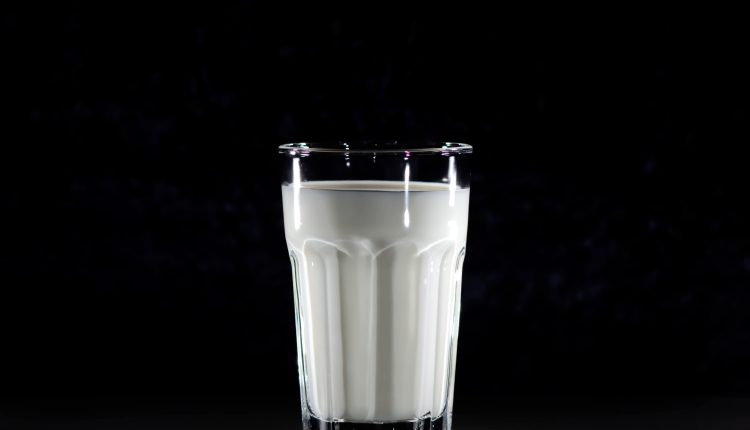Milk and Your Health: Separating Fact from Fiction
Milk, renowned for its wealth of essential vitamins and minerals, has long been touted as a cornerstone of a healthy diet.
Historical evidence traces human consumption of cow’s milk back thousands of years, yet recent studies reveal a nuanced perspective on its universal benefits.
Milk: A Nutrient-Rich Powerhouse
According to the United States Department of Agriculture (USDA), an 8-ounce glass of reduced-fat (2%) milk packs a nutritional punch, featuring 18 of the 22 essential nutrients vital for a well-rounded diet.
This nutrient profile positions milk as a recommended component for those seeking a balanced nutritional intake.
Calories and Composition: Decoding the Nutritional Components
The caloric content of milk varies with its fat content, with full-fat milk containing 146 calories per 8-ounce serving, compared to the leaner 83.6 calories in nonfat alternatives.
The lactose in milk, a complex carbohydrate, serves as a rich source of energy, while protein, comprising whey and casein, offers a spectrum of benefits from appetite control to muscle development.
Fat Content and Its Implications
Categorized by fat content, milk presents a range of options. Full-fat milk, with 7.8 grams of fat per serving, includes saturated fats that, when consumed excessively, can accumulate in arteries.
Nonfat alternatives, however, contain only trace amounts of fat. The distribution of fats in milk brings to light the delicate balance that must be struck in dietary choices.
Vitamins and Minerals: The Fortifying Elements of Milk
Milk stands as a substantial source of crucial vitamins and minerals, including calcium, phosphorous, potassium, riboflavin, selenium, thiamin, vitamin B12, vitamin D, and zinc.
These elements play integral roles in bone development, dental health, and overall well-being.
Balancing the Scales: Health Benefits of Milk Consumption
Public health campaigns have long championed the advantages of drinking milk, supported by research indicating benefits such as appetite control, bone development, and heart health.
From preserving bone density in adults to aiding muscle development, milk emerges as a multifaceted contributor to overall health.
Navigating the Downsides: Potential Negative Effects of Milk

However, the seemingly wholesome beverage is not without its drawbacks. Studies associate milk consumption with skin conditions, allergies, and a potential increase in the risk of certain cancers.
Acne, inflammatory responses, and lactose intolerance are among the negative side effects that some individuals may experience.
A Call for Moderation: Understanding Dietary Guidelines and Controversies
While most nutritional guidelines advocate for regular dairy inclusion, controversies persist. The American Medical Association (AMA) has urged the USDA to reevaluate guidelines, considering potential links to diseases and recognizing the disproportionate prevalence of lactose intolerance among non-White populations.
Tailoring Diets: Who Should Avoid Cow’s Milk?
Individuals exhibiting symptoms of milk allergies, especially infants and toddlers, are advised to steer clear of dairy products.
Lactose intolerance, more prevalent among certain ethnic groups, presents another reason to consider dairy alternatives. Consultation with healthcare providers is recommended for those experiencing digestive symptoms or allergic reactions.
Diversifying Choices: Exploring Alternatives to Cow’s Milk
For those seeking alternatives, a variety of plant-based options, including grain, legume, nut, and seed-based milks, offer alternatives.
However, it is crucial to scrutinize nutritional labels, as the content of soy, almond, oat, and other dairy alternatives may not align with that of milk.
In the ongoing dialogue surrounding milk consumption, the key lies in informed decision-making tailored to individual health considerations.
As nutritional science evolves, understanding the complex relationship between dairy and human health is essential for crafting diets that promote well-being.
